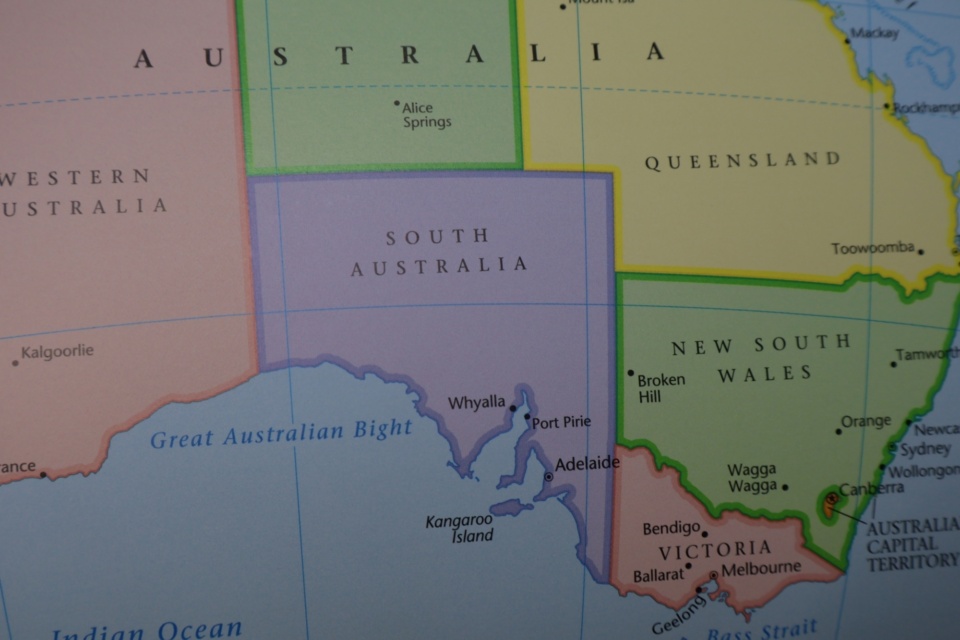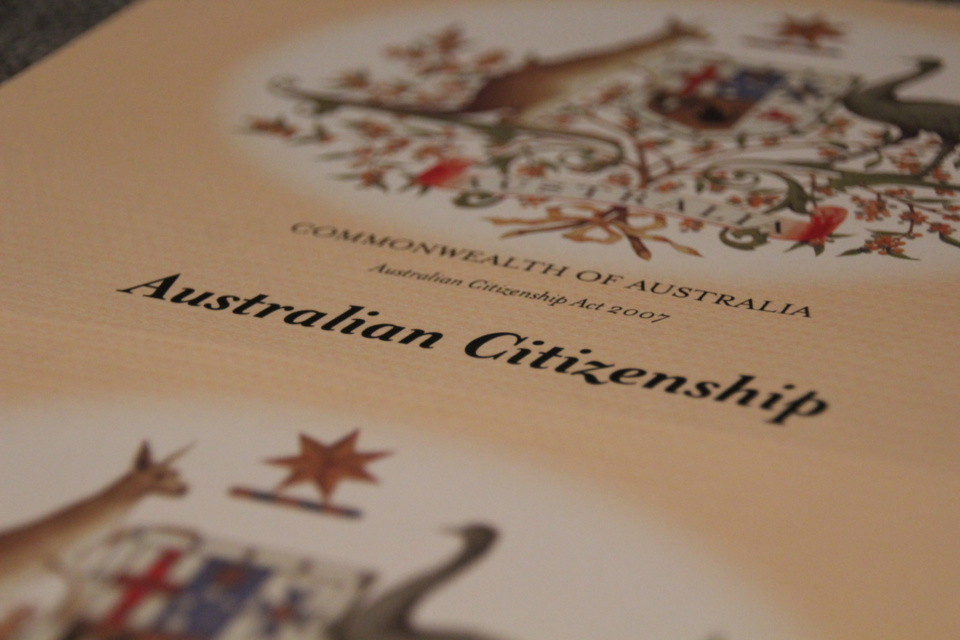
One Nation’s chances as a dominant conservative party are piñata-like
Posted on 11 Feb 2026
Opinions polls insist Pauline Hanson's fortunes are on the rise, but it is likely that enthusiasm…
Posted on 19 May 2025
By Denis Moriarty

The lack of judicial partisanship in Australia compared to the United States is something to be celebrated, writes group managing director of Our Community, Denis Moriarty.
When Jacinta Price said recently “Make Australia great again”, everybody asked whether she was imitating Trump. It may have been more sensible to ask her to explain the differences, beginning with the obvious: when, exactly, was Australia supposed to have been great in the first place?
I mean, an American can at least point to a time in the forties and fifties of the last century when their nation did dominate the world, effortlessly holding up or overthrowing, as the mood took them, other people’s governments.
Australia has throughout its history adopted the deliberate policy of hiding under the aprons of bigger and more imperial states, only showing off our undoubted martial valour under the proud banner of “Us too!” The only wars we’ve fought entirely on our own have been those against Price’s Indigenous ancestors.
This isn’t just a quibble or a gotcha. The thing we’re being asked to identify with is domination, and the attraction of that as a concept does rather depend on whether you’re a hammer or a nail.
Or a blade: Alexander the Great, faced with a complicated Gordian knot, cut through it with his sword, showing the decisive clarity of a man of destiny, and went on to conquer lots of other kings’ territory. The lesson is that if you want to be great, as a leader or as a nation, you must strike aside all obstacles – customs, rules, habits of mind – and take what you want.
If you’re going to terminate at one blow the premier tourist attraction of a provincial city it does, of course, help to be a king with a large army lined up outside. Alexander was used to thinking that the entire country and all it contained belonged to him, to do with as he would.
That’s why modernity is so inextricably knotted into getting away from exactly that – setting up parliaments to pass laws that limited a king’s power, restricted his claims, occasionally cut his head off, and gave ordinary citizens some room to flourish.
One of Australia’s primal advantages is that nobody in our entire recorded history has ever been called ‘the Great’ (the Great Australian Bight doesn’t count).
"One of the things about Australia that we massively undervalue is that we don’t have the degree of judicial partisanship that the USA regards as normal.".
Laws, though, generate lawyers. Lawyers befuddle honest citizens with jargon and irritating prohibitions and make it difficult to do things, creating a demand for a strong leader who can sweep aside all these cobwebs and do what needs to be done, Trumpily. Trying to please everybody pleases nobody except Anthony Albanese.
All of us can imagine how greatly the world would be improved if we personally were granted the status of benevolent autocrat, and our natural attraction to that personal vision tends to attach itself to autocracy in general.

We tend, in fact, to imagine that if we raise an autocrat then they will agree with us, and will work in our interests, because surely the rightness of our own strongly held opinions will be instinctively obvious to anybody not already corrupt or malign.
In the USA Trump is pressing closer and closer to declaring that if he is to truly make America great, the president cannot be bound by Congress’s pettifogging laws. We’re once again having that debate that playwright and screenwriter Robert Bolt put into the mouth of Tudor statesman Thomas More in A Man for All Seasons:
“This country is planted thick with laws, from coast to coast, Man's laws, not God's! And if you cut them down, and you're just the man to do it, do you really think you could stand upright in the winds that would blow then?”
Could that happen here?
One of the things about Australia that we massively undervalue is that we don’t have the degree of judicial partisanship that the USA regards as normal. With remarkably few exceptions, our judges are appointed from the ranks of successful advocates, familiar with the intricacies of black-letter law and committed to following in the ruts left by their predecessors.
We simply don’t have the American nervous tic of reporting every judgement as coming from “Smith (appointed by Morrison)” or “Jones (appointed by Gillard)”. Here, being a lawyer (or a judge) is seen as more like being a high-status plumber than a charismatic thought leader.
Whether that juridical anonymity will in the long run protect us against (a) the rising cult of the strong leader, and (b) our invariable media panic over any court judgements in favour of refugees, remains to be seen.
Denis Moriarty is group managing director of OurCommunity.com.au, a social enterprise that helps the country's 600,000 not-for-profits.
We're proud to take a stand on progressive issues. Here's a taste of our commentary.

Posted on 11 Feb 2026
Opinions polls insist Pauline Hanson's fortunes are on the rise, but it is likely that enthusiasm…

Posted on 28 Jan 2026
This year’s Adelaide Writers’ Week began with the cancellation of a talk by Palestinian-Australian…

Posted on 17 Dec 2025
Posturing by the US president about Europe's immigration policies, even warnings of future…

Posted on 03 Dec 2025
If you wanted an example of the problems inherent in federal systems, you couldn’t do better than…

Posted on 19 Nov 2025
When it comes to loyalty to car brands, it can be confusing who we should support, and, even more…

Posted on 05 Nov 2025
Before the Prime Minister gets too excited about his recent meeting with the American President, he…

Posted on 14 Oct 2025
The idea of "long term" is not something that sits well in the social media era, yet governments…

Posted on 30 Sep 2025
I am proud of what Our Community, and its exceptional team, have achieved in the past 25 years. As…

Posted on 16 Sep 2025
Happy Australian Citizenship Day! To mark the occasion, Our Community leader Denis Moriarty takes…

Posted on 02 Sep 2025
Words live, evolve, and sometimes die. Some words are invented from scratch, some are old words…

Posted on 26 Aug 2025
The cost of the National Disability Insurance Scheme (NDIS) is climbing relentlessly – $44 billion…

Posted on 04 Aug 2025
The new leader of the Liberal Party, Sussan Ley, wants to increase the proportion of women…